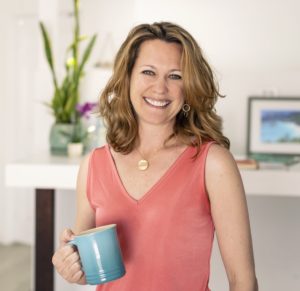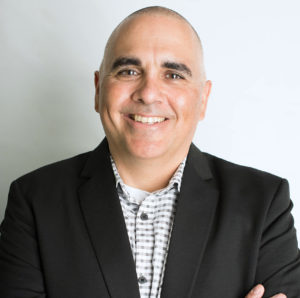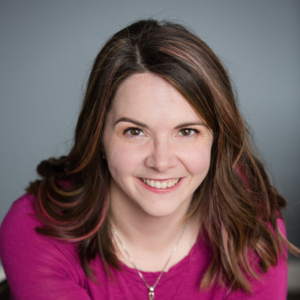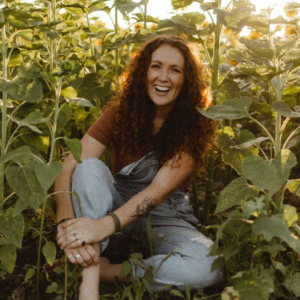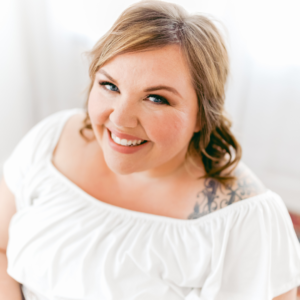I'm so excited to introduce you to this week's guest on Pep Talks for Side Hustlers, Raymond Blakney!
Raymond Blakney is probably like every other award-winning Filipino-American entrepreneur who grew up in Turkey and lives in Mexico that you know. He started his first business, with his wife as a business partner, in 2008. Since then he has bootstrapped multiple 6 and 7-figure online businesses. Most of this was done from home in his superman pajamas. He and his businesses have been featured in Forbes, Entrepreneur Magazine, The Boston Globe, and other top publications. Ray has also been a speaker at multiple conferences around the world.
Push play to listen to this week's episode, or read the full transcript below!

